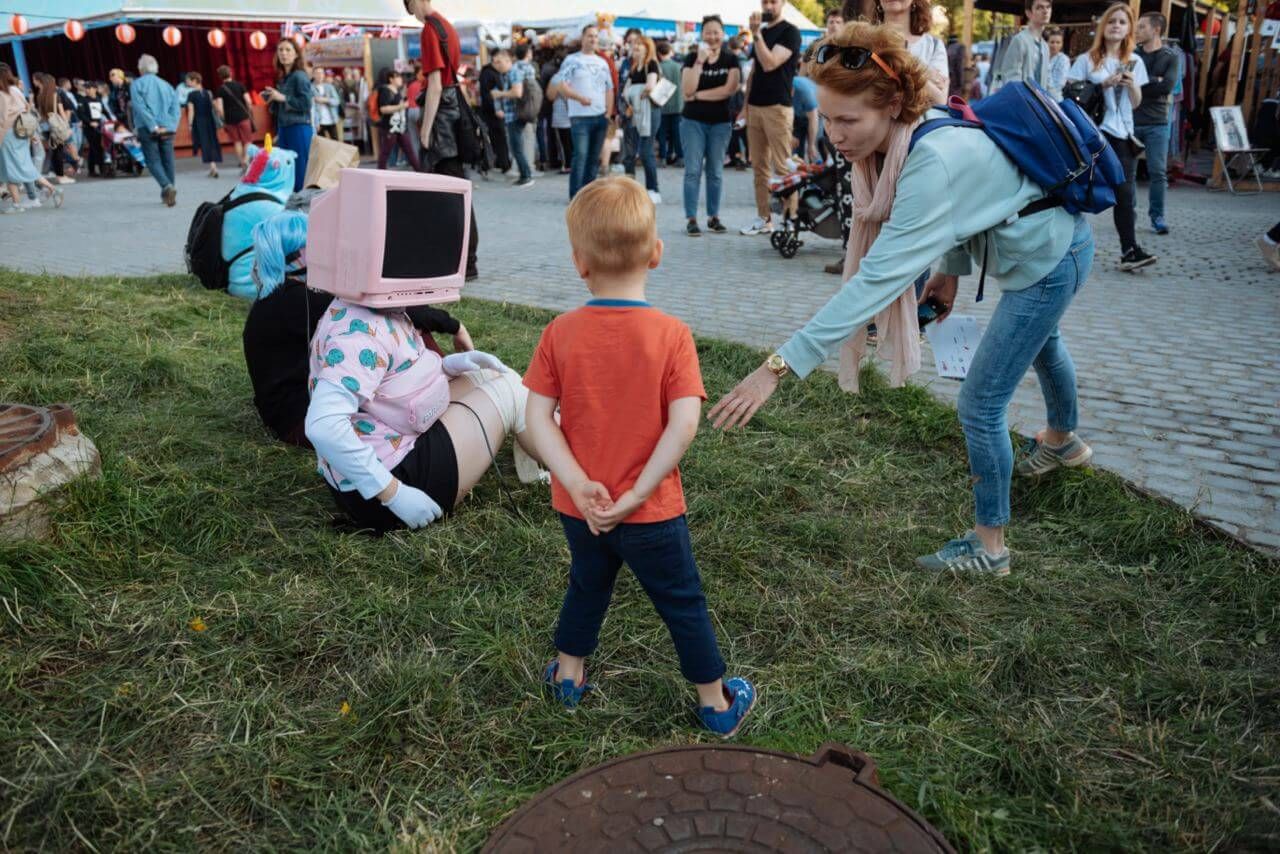How to Explain What Sex is to a Child?
-
Published:18 July 2022
-
Updated:29 January 2025

The reality is that talking to a child about sex is, literally, wrong. All that children under the age of 12 need to know is that sex is an adult activity with adult consequences. And nobody is allowed to do it with children.
How to Talk to Children About Sex?
- First of all, you need to work on your own knowledge before educating children: learn to say all the necessary words yourself; study the vocabulary (the correct words for the genitals and all the body processes); study the things a child should know as well as the age at which they are supposed to know them.
- Secondly, talk to your child from a very early age about personal boundaries, the fact that “no” means only “no”, and safety rules (e.g., “say no, go away, tell”, “panty rule”).
- Thirdly, discuss love, feelings, and emotions with your children; become involved in their lives, kindergarten, and school events, and listen carefully to what they tell you.
- Finally, don't act like anything is going on when your children start to mature: talk to them about periods, nocturnal pollution, contraception, the age of consent, and responsibilities under current law.
If you provide children with age-appropriate, reliable information, you will significantly improve your child's safety and well-being.
Your Child Asked About Sex: How to Explain?
- At the age of 3-6, a child needs to know the proper names of the genitals(male and female) and understands the fact that the baby forms in the womb and are born through a vagina.
- At the age of 7-12, the child should be familiar with the changes that occur in the body during puberty; understand the difference between the excretory and reproductive functions, and have a basic understanding of menstruation and nocturnal pollution.
- At the age of 12-15, the child should be provided with information about sexuality (including fake sexuality). It is important to talk to them about the fact that everyone and their bodies are different and that social media images are not a standard or reality.
- By the age of 15-18, a child should be informed about contraceptives and the fact that they are not a HUNDRED percent guarantee. They should be told about STDs and about the fact that relationships are not only about sex.
What to Do When Conversations Have Been Neglected?
One last thing. Suppose you no longer have a young child, but a teenager and you realize that you have missed out on something and find it difficult to talk about the topic. In that case, we recommend not being shy and contacting a child or adolescent psychologist, firstly for advice, and secondly for working with the child.
Tips for Talking (https://www.plannedparenthood.org/learn/parents/tips-talking). Accessed 19 Sep. 2024.
Talking to Your Child About Sex (https://www.healthychildren.org/English/ages-stages/gradeschool/puberty/Pages/Talking-to-Your-Child-About-Sex.aspx), 10/29/2013. Accessed 19 Sep. 2024.
Comprehensive sexuality education (https://www.who.int/news-room/questions-and-answers/item/comprehensive-sexuality-education), 18 May 2023. Accessed 19 Sep. 2024.
Sexual Health (https://www.mayoclinic.org/healthy-lifestyle/sexual-health/in-depth/sex-education/art-20044034), Sept. 07, 2022. Accessed 19 Sep. 2024.







.svg)
.svg)
